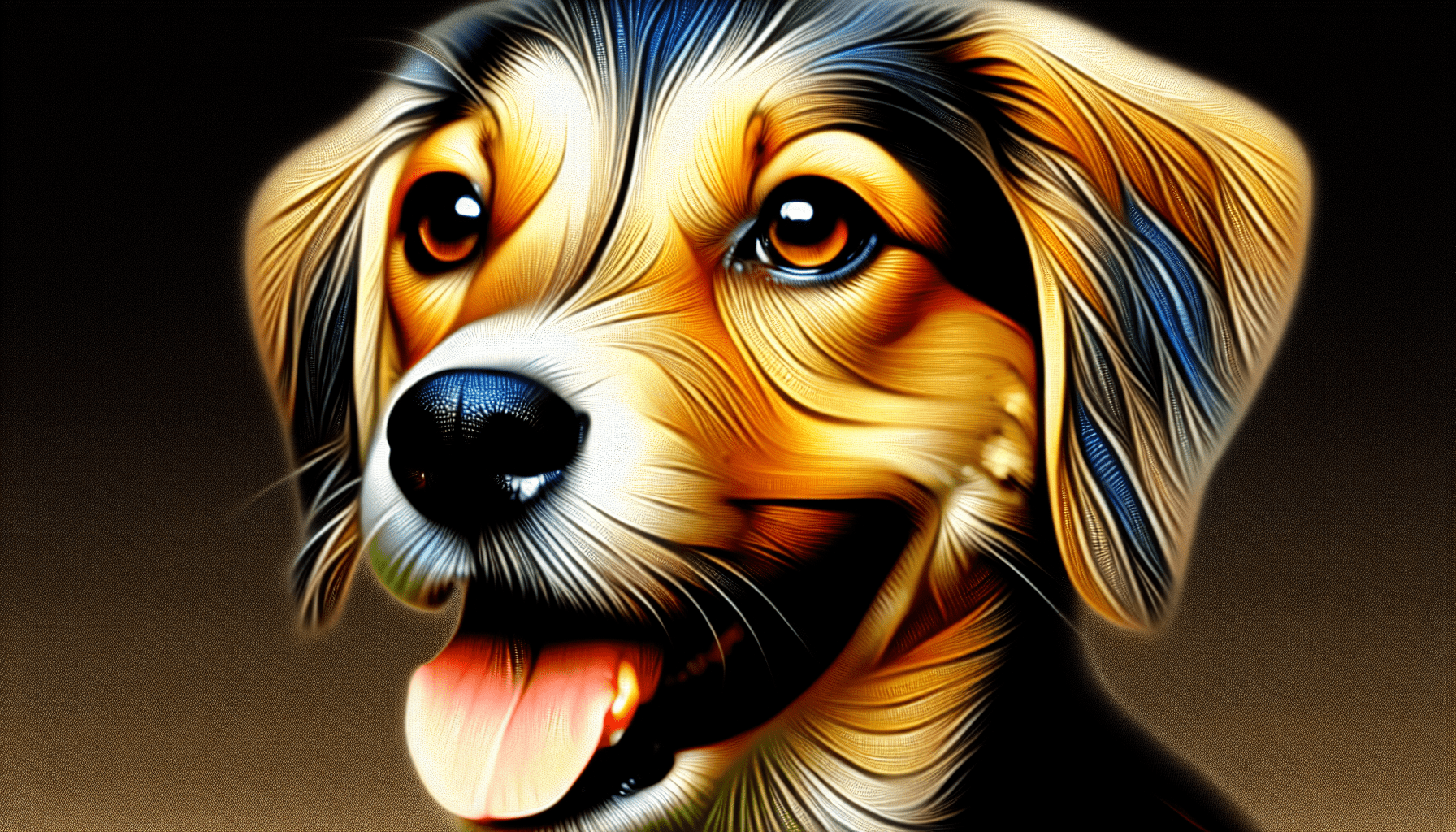Welcome to an essential guide on what to look for to ensure your furry friend is in optimal health. From a shiny coat and bright eyes to a good appetite and boundless energy, there are several key indicators that your dog is thriving. By being attuned to these signs of a healthy dog, you can provide the best possible care for your beloved pet and enjoy many happy years together.
Signs Of A Healthy Dog: What To Look For
Have you ever wondered if your furry friend is healthy and happy? Your dog’s wellbeing is crucial, and understanding the signs of a healthy dog can help you keep your beloved pet in optimal condition. In this article, we will explore the key indicators of a healthy dog and what to look for in your canine companion.

Physical Appearance
One of the first things you may notice about your dog is their physical appearance. A healthy dog will have a shiny coat, bright eyes, and pink gums. Their body weight should be appropriate for their size and breed, with no visible ribs or excessive fat. Regular grooming and care can help maintain your dog’s physical appearance and overall health.
Behavior
Your dog’s behavior can also provide valuable insights into their health. A healthy dog will be active, playful, and alert. They should have a good appetite and be eager to interact with you and other members of the household. Any sudden changes in behavior, such as lethargy, aggression, or withdrawal, could be a sign of an underlying health issue.
Digestive Health
Monitoring your dog’s digestive health is essential for their overall wellbeing. A healthy dog will have regular bowel movements that are well-formed and easy to pass. They should not experience frequent vomiting, diarrhea, or constipation. Providing a balanced diet, maintaining proper hydration, and avoiding harmful substances can help support your dog’s digestive health.
| Signs of Digestive Health | Potential Health Issues |
|---|---|
| Regular bowel movements | Vomiting or diarrhea |
| Well-formed stool | Constipation |
| Proper hydration | Irritable bowel syndrome |
Dental Care
Dental care is often overlooked but is crucial for your dog’s health. A healthy dog will have clean teeth and fresh breath. Bad breath, yellow or broken teeth, and inflamed gums can indicate dental issues that require attention. Regular brushing, dental chews, and professional cleanings can help maintain your dog’s oral health.

Exercise and Activity
Regular exercise is essential for keeping your dog in good shape both physically and mentally. A healthy dog will enjoy daily walks, playtime, and engaging activities. Lack of exercise can lead to obesity, boredom, and behavior problems. Providing opportunities for your dog to be active and engaged can help promote their overall health and wellbeing.
Vaccinations and Preventive Care
Vaccinations and preventive care are vital for protecting your dog from common diseases and health problems. A healthy dog will be up to date on their vaccinations, flea and tick prevention, and heartworm medication. Regular visits to the veterinarian for check-ups and preventive care can help ensure your dog stays healthy and happy.
Regular Vet Check-Ups
Regular vet check-ups are essential for monitoring your dog’s health and addressing any potential issues early on. A healthy dog will have yearly wellness exams, vaccinations, and screenings for common health concerns. Your veterinarian can provide personalized care and recommendations based on your dog’s age, breed, and lifestyle.
Emotional Wellbeing
Just like humans, dogs can experience stress, anxiety, and emotional issues that can impact their health. A healthy dog will show signs of contentment, relaxation, and trust in their environment. Providing a safe, loving, and stimulating environment can help support your dog’s emotional wellbeing and overall happiness.
Quality Diet and Nutrition
A healthy diet is crucial for your dog’s overall health and wellbeing. A healthy dog will have a balanced diet that meets their nutritional needs and is appropriate for their age and breed. Providing high-quality food, fresh water, and appropriate portion sizes can help support your dog’s health and prevent obesity and other health issues.
| Nutritional Needs | Potential Health Issues |
|---|---|
| Balanced diet | Obesity |
| Fresh water | Nutritional deficiencies |
| Appropriate portion sizes | Digestive issues |
Grooming and Hygiene
Regular grooming and hygiene practices are important for your dog’s health and wellbeing. A healthy dog will have clean ears, nails at a proper length, and a coat free of mats and tangles. Neglecting grooming can lead to skin infections, parasites, and discomfort for your dog. Implementing a regular grooming routine can help keep your dog looking and feeling their best.
Conclusion
As a responsible dog owner, it is essential to be aware of the signs of a healthy dog and what to look for in your furry companion. By monitoring your dog’s physical appearance, behavior, digestive health, dental care, exercise habits, vaccinations, vet check-ups, emotional wellbeing, diet, grooming, and hygiene, you can help ensure your dog stays healthy, happy, and thriving. Remember, your dog’s health is in your hands, so make their wellbeing a top priority in your daily care routine.

